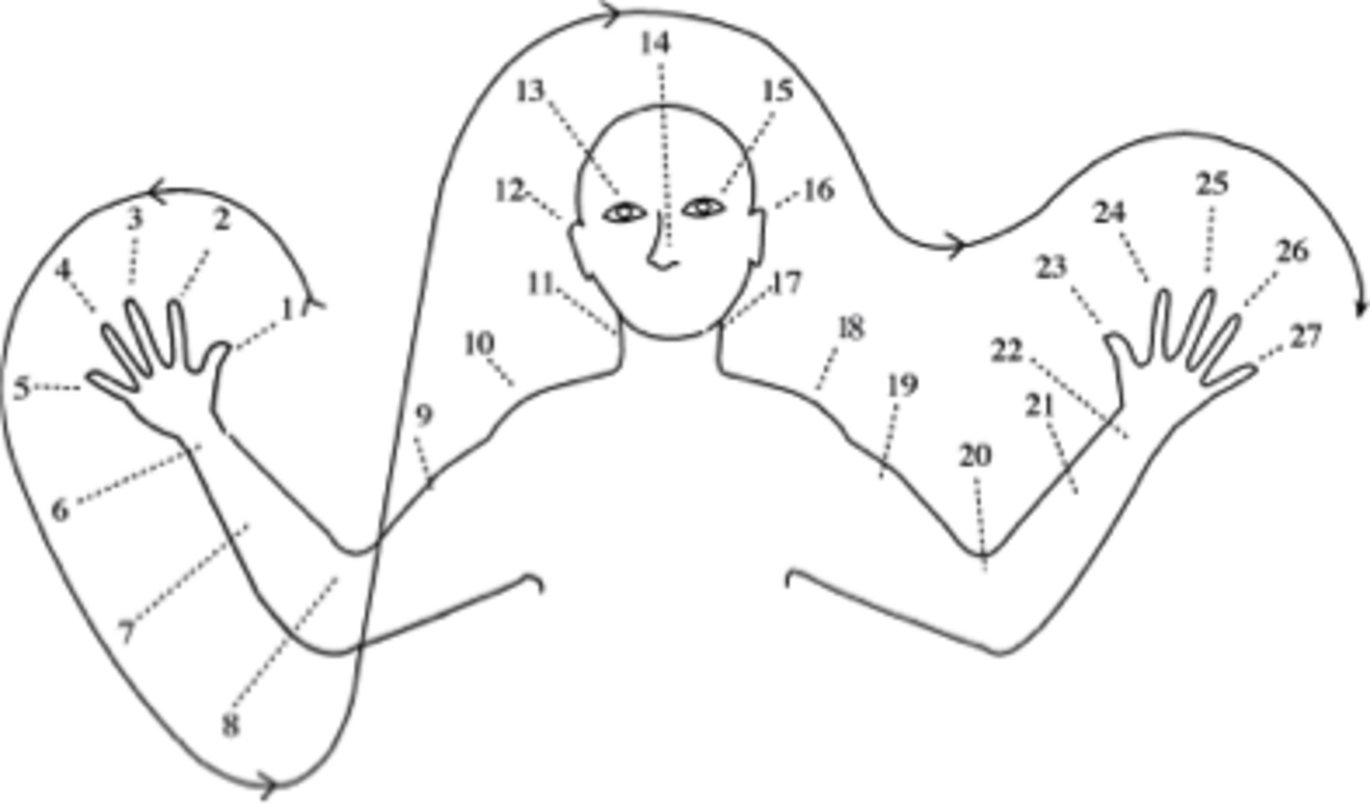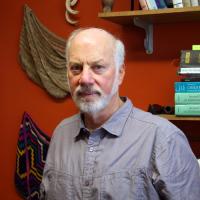Cultural Development of Mathematical Ideas
An IMC Lecture with professor Geoffrey B. Saxe from UC Berkeley

Info about event
Time
Location
Jens Chr. Skous Vej 4, building 1482, room 105 (auditorium)
Organizer

Psychological studies of cognitive development are often conducted without regard for the interplay between the daily cognitive activities of individuals and historical developments in communities. In my talk, I illustrate a heuristic research framework that illuminates this interplay through studies drawn from a program of work conducted in a remote Mountain Ok community in Papua New Guinea, the Oksapmin. Drawing upon field studies conducted in 1978, 1980, and 2001, I trace the emergence of new forms of numerical representations and ideas in the social history of the Oksapmin community. In traditional life, the Oksapmin used a counting system that makes use of twenty-seven parts of the body (see Figure); there is no evidence that the group used arithmetic in prehistory. As practices of economic exchange and Western schooling have shifted, children and adults unwittingly reproduced and altered the body system in order to solve new kinds of numerical and arithmetical problems. While my focus is on the Oksapmin and number, the general framework and empirical techniques that I present are useful for understanding shifting representational forms and emerging cognitive functions through historical time in any human community. Video and visual supports for both the talk and my recent book, the Cultural Development of Mathematical Ideas: Papua New Guinea Studies, are available online at http://www.culturecognition.com/
